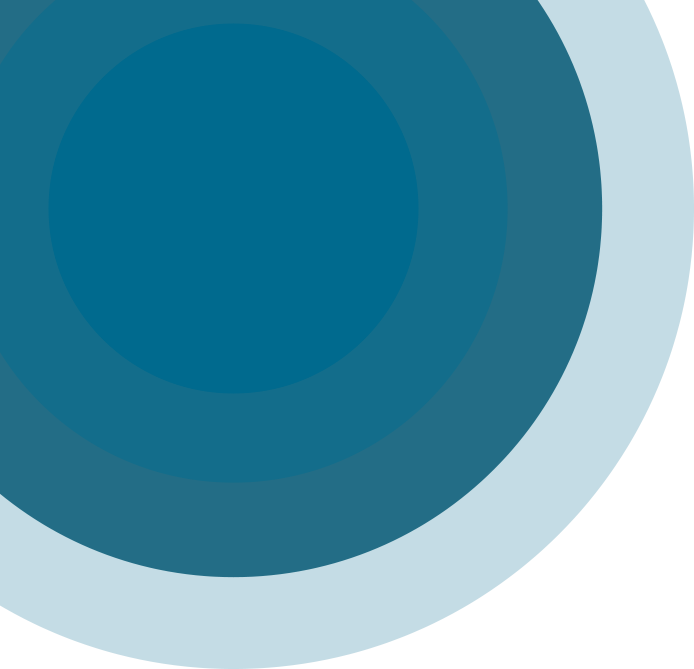Mastery, mindset, learning and the long game
Some days, you are in the zone, experiencing a state of flow. Time stops, while dopamine courses through your veins.
And other days, you can’t get out of your own way. No flow. No dopamine. But it’s the same frustration. Same court. Same racket. Same opponent. Maybe you didn’t get enough sleep. Maybe you had too much coffee or maybe not enough. Maybe the voice in your head won’t shut up. Usually, that’s it… the voice. The internal critic, coach and judge.
On the good days, the voice is silent. But on the bad, it gets in the way. How do you muzzle it? Who knows? Maybe we should listen to Yoda: “Do, or do not, there is no try.” That’s the key, to just do.
Once we start to analyze and critique ourselves on the court, we might as well go home.
“If I just move my hand to this position on my grip and move my feet this way …”
Does this ever work? No. Video analysis? Great idea. Watching yourself is a priceless learning tool. On the court analysis? Terrible idea. Take a break. Close your eyes. Imagine what it feels like to hit the ball how you want to hit it. Then, go do it without thinking about it. Sounds easy, but it’s not. Once you tame the voice, you can play and enjoy, and time will stop, the dopamine will again flow and you will go home happy.
Watch how kids learn today. When I tried to teach my daughter how to ride a bike, I broke it down into steps.
“First, push off with this foot, then…”
It hurts my brain to even write it. No wonder it didn’t work. Who thinks when they ride a bike?! Thinking just gets in the way. Then, the kid next door came over, showed her and two minutes later, she was off riding. Why? Because she just watched and learned. There’s a reason for the saying “watch and learn.” Because it works. As adults, we overanalyze everything. How many steps did I walk today? How many calories is that? Kids follow their instincts. Adults question them and get in their own way.
One of my favorite books is The Inner Game of Tennis by W. Timothy Gallwey. It has nothing and everything to do with tennis. It is really about learning and performance. The author shares his observations about those who thrived in his lessons and those who got stuck. His students who did well just copied those around them and got better. Those who didn’t do well asked for step-by-step instructions and thought too much. That doesn’t work. It didn’t work when I tried to teach my daughter to ride a bike, and it won’t work for you as a tennis player. Gallwey helps teach you how not to think too much. Watch a video of someone with perfect form. Try to copy it without analyzing it. This is not to imply that instruction is detrimental. We need instruction to a degree. But analysis kills instinct, which kills flow, which kills the joy of the experience. It’s a very Zen book. I should read it again. You should read it if you haven’t.
Mastery is a state most of us will never achieve, which is fine. It gives us a goal. If we are in it for the long game, we can accept those days that we couldn’t shut off the voice and learn from them. Every time you step on the court, you should learn something. Even if you don’t realize it. It’s a tricky thing to try to get out of your head. It probably takes as many years to develop that skill as it does to become a solid tennis player.
You need to take risks and get out of your comfort zone, which may be painful, but that’s where growth occurs. Without growth, boredom occurs. If you are out of your comfort zone, you are likely so focused on the moment that the voice is silent and there is flow. Those with a growth mindset will do that naturally. Those with a fixed mindset will stagnate, blaming their doubles partner, their opponent, even their racket. They will remain frustrated and be annoying to play with.
Carol Dweck is one of my greatest influences. She wrote another of my favorite books, Mindset: The New Psychology of Success. It should be required reading as it has excellent tennis references within it. It will make you a better tennis player, a better parent—better everything.
My education to become an orthopedic surgeon was a long grind, up a steep learning curve. Fourteen years of learning and training. There were incremental improvements and many moments way outside of my comfort zone. It was a process of learning for the long game.
I surf, in fact, I am addicted. I am far from a master surfer. There’s more dopamine available from being in the ocean than I can imagine. There is flow. On a wave, time stops, and I hope it does for you on the court. In the operating room, it’s the same—a state of flow. But it’s the process of working toward mastery that is most satisfying. It is millions of steps up a massive mountain. Getting better at tennis is the same, as long as you have the right mindset.



